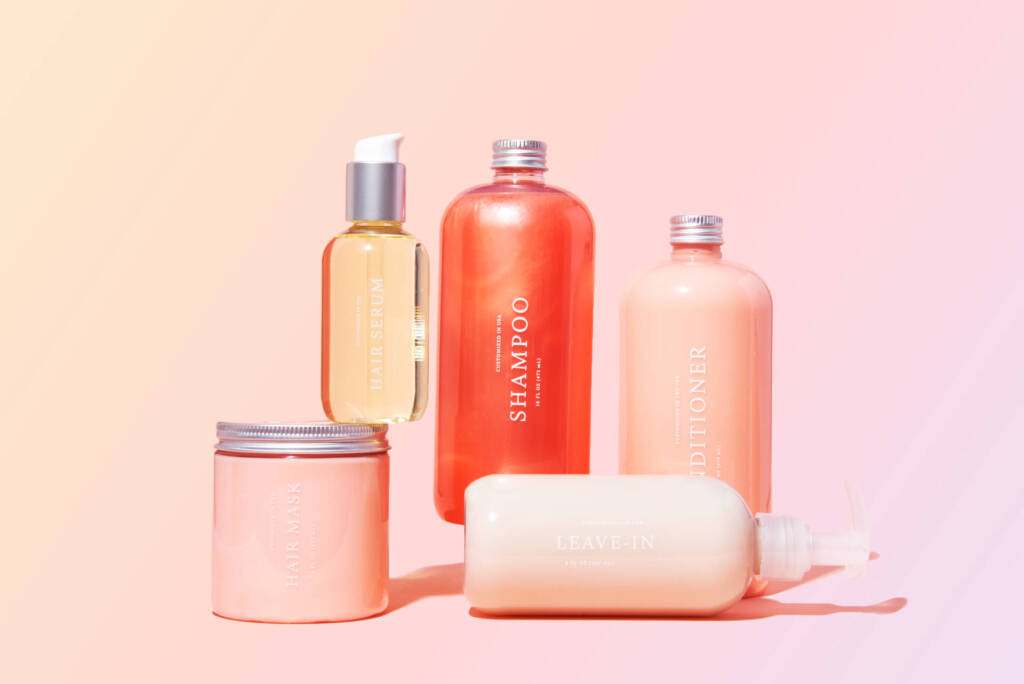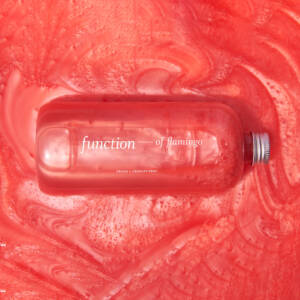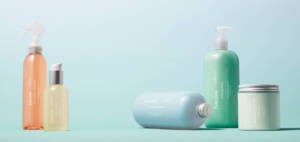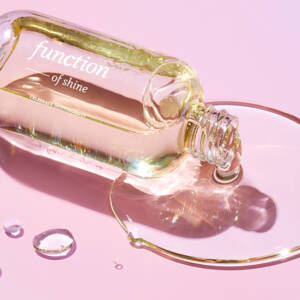Disclaimer: The information provided is not intended as medical advice. For any medical concerns, always contact your doctor.
Dry scalp and oily hair sound like an oxymoron at first glance. How can scalp dryness lead to greasiness at the ends of your hair? But for those who battle with a flaking, itchy scalp on top of oily strands, dry scalp and oily hair are indeed a reality.
The good news is that your hair(y) issues can change for the better. It all begins with understanding the root causes behind a dry scalp and oily hair and revamping your haircare routine to address these unwanted conditions.
The Lowdown on Dry Scalp, Oily Hair
You may have heard of combination hair, which typically refers to an oily scalp accompanied by dry hair. But what about the opposite, where you experience dryness at the roots and greasiness along the shafts?
The thing is, dry scalp and oily hair are not uncommon, and they might even include other uncomfortable symptoms such as itchiness and a flaky scalp.
Yes, it can feel challenging to find haircare products that address two seemingly unrelated hair conditions at the same time. But your dry scalp and oily hair are actually related.
What Causes a Dry Scalp and Oily Hair?
The major culprit behind a dry scalp and oily hair is usually sebum overproduction, which is affected by factors such as:
- Overwashing that disrupts your scalp’s natural moisture balance
- Harsh shampoo formulations that are too drying for your scalp
- Chemical treatments and heat styling that strip away the scalp’s natural oils
- Dry air conditions, such as winter weather and air-conditioning
- Pollution that worsens certain scalp issues like dandruff
It’s also worth pointing out that there are a few skin conditions that can trigger a dry scalp and oily hair. Dry skin is at the top of the list, followed by scalp psoriasis. The National Psoriasis Foundation explains that scalp psoriasis usually manifests as itchy, flaky, and scaly skin. That’s why it’s often mistaken for dandruff, which is a milder form of seborrheic dermatitis.
For the record, dandruff is a form of scalp eczema. It’s caused by too much sebum production that acts as a food source for Malassezia, a fat-loving yeast. The excess oil, dead skin cells, and yeast clump together to form dandruff flakes.
Circling back to the topic at hand, dryness in the scalp area tells your sebaceous glands to go into overdrive and produce more sebum than needed. Given that these glands are directly attached to your hair follicles, the excess oil is pushed out of the follicles and onto the shafts (the visible part of your hair). As a result, your hair looks greasy to the naked eye.
Depending on whether you have a medical condition or not, you may also experience other symptoms like thinning hair and hair loss.
3 Tips That May Help Manage Dry Scalp, Oily Hair
Is it the end of the world for those with dry scalp and oily hair? Definitely not.
To begin, review your haircare routine and make sure it addresses both of your issues at the same time. Don’t worry, we’ve got a few helpful tips to share below.
Note: If you suspect a medical condition like psoriasis is at work, consult a dermatologist or other licensed healthcare professional for treatment options.
1. Wash Your Hair Less Often
Overwashing your hair can strip your scalp of its natural sebum and thus a dry scalp is born. Consequently, this overactive oil production can result in greasy hair.
It may sound counterintuitive, but washing your hair less often could help since not as many natural oils are washed away. Doing so gives your follicles a chance to rein in sebum production and restore your scalp’s moisture barrier. This helps to nip dry scalp and oily hair in the bud, so to speak.
For more guidance in this area, check out our helpful guide on how often you should wash your hair.
2. Use the Right Hair Products
For those whose dry scalp and oily hair are due to medical conditions like psoriasis and dandruff, anti-dandruff shampoos and other scalp treatments may help. A dermatologist may recommend treatments with active ingredients such as tea tree oil, salicylic acid, or zinc pyrithone. But before you add such products to your haircare routine, consult a dermatologist (or other healthcare professional) to make sure you’re on the right track.
On the other hand, if your dry scalp and oily hair aren’t due to a skin condition, follow these golden rules:
- Skip the drying ingredients: Many shampoos on the market have drying ingredients such as sulfates and parabens. Unfortunately, as personal experience would have you know, these substances don’t play well with a dry scalp.
- Go for hydrating, nourishing formulations: Hydrating, nourishing hair products provide the much-needed TLC that your dry scalp and oily hair crave. Pick water-loving humectants (like aloe vera) to help moisturize your scalp without being too greasy for your locks.
If you’re looking for hair products that tick all of the above boxes, try Function of Beauty’s haircare range. Our custom shampoo and conditioner are formulated without sulfates and parabens, with the option to go silicone-free if you want to further minimize product buildup.
For curly and coily hair types that prefer an even more moisturizing option, look toward Function of Beauty’s custom co-wash. It’s a silicone-free cleansing conditioner that gently clears away scalp debris while promoting optimal hydration. This helps tackle scalp dryness and minimize sebum overproduction for less oily-looking tresses.
3. Bring In a Scalp Brush
If you haven’t heard, scalp brushes are all the rage now, and for three good reasons:
- A scalp brush gently loosens and scrapes away natural and product buildup that contributes to flaking and itching. (Cue the dead skin cells and product residue from products like dry shampoo and styling mousse.) Think of this mild exfoliation as housekeeping for your scalp that keeps the vicious cycle of scalp dryness and hair oiliness in check.
- The resulting clean slate on your head means that your hair products go on more smoothly. They also do a better job of penetrating your scalp for maximum absorption.
- The light, massaging action of the brush bristles helps alleviate the itch (if any) and ease scalp tension for a little self-care pick-me-up. What’s not to love?
Dry Scalp and Oily Hair, Begone
We can’t deny that dry scalp and oily hair can be difficult to handle. But once you pinpoint the root causes behind them, it’s no longer an enigma.
In most cases, sebum overproduction is at the crux of the problem. This could be due to external factors like too-frequent hair washing, too much heat-styling, and too-dry environmental air. If you have a hunch a scalp condition is to blame, book an appointment with your dermatologist for an in-depth consultation.
Meanwhile, if your dry scalp and oily hair aren’t due to a medical condition, our tips above can help. From washing your hair less often to adding a scalp brush to your routine, these simple steps can make all the difference between combination hair and healthy-looking tresses.
Ready to take on your dry scalp and oily hair with the right hair products? Hop over to our hair quiz for 100% custom-built formulations for your one-of-a-kind ‘do.





